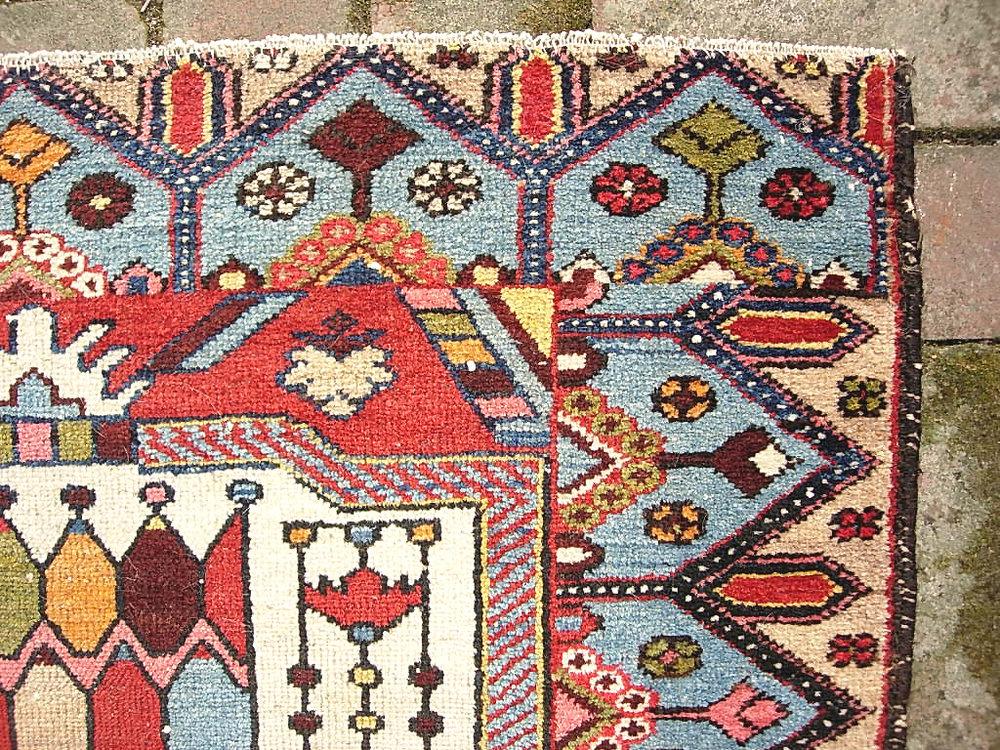What Is Pomegranate Design?
The pomegranate pattern was often a visible detail on old carpets. In ancient times, the pomegranate pattern represented fertility.
The reason for this was due to the abundance of fruit in it and the fact that it has a beautiful seed. In fact, although it is a fruit that grows only in the Mediterranean region, we can see that pomegranate is processed as a motif in many regions.
In addition, the fees paid for pomegranate-patterned carpets in ancient times were determined as three times the fees paid to other types of carpets. In other words, the pomegranate pattern had such an important position in the carpet market.
But recently, the use of pomegranate motifs on carpets has decreased and has been replaced by geometric shapes.
History of Pomegranate Design
The history of the use of the pomegranate pattern dates back to Samarkand carpets and Chinese carpets. The fact that there were many seeds in this fruit, which was recently encountered in the Middle Ages, had a great impact on carpet manufacturers.
According to them, pomegranate would be a motif that represents abundance. For this reason, pomegranate motifs were first used on the carpets produced in the Central Asian region. In the following years, Arab and European traders liked this motif and started to add the rugs on it. It has succeeded to reach today in this dateline.
Finally, it is worth noting that pomegranate motifs are very beautiful on carpets and should be used, although they have become popular today.

